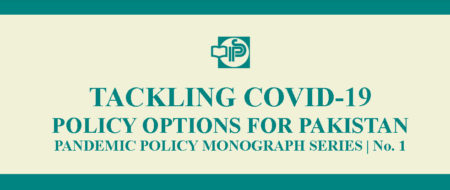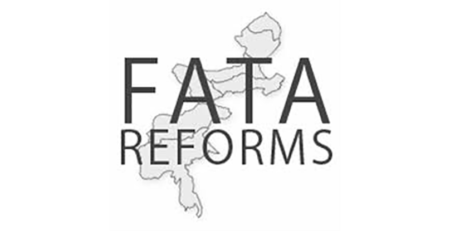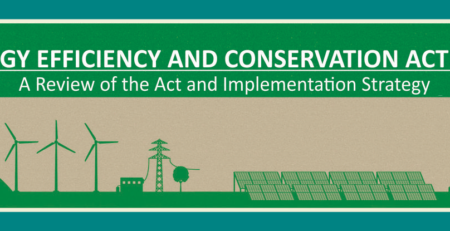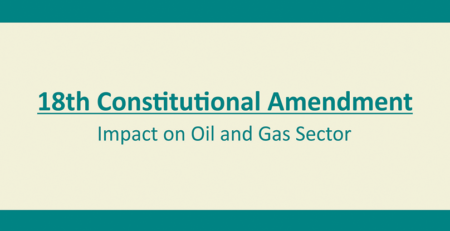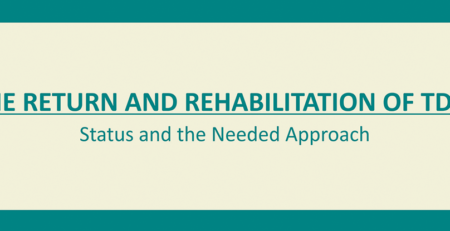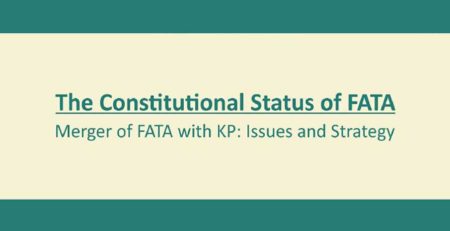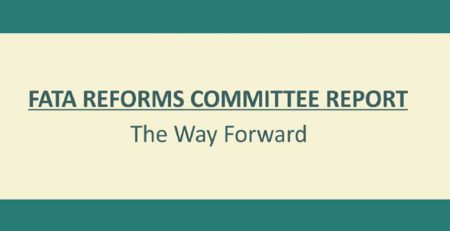Northern Areas: Perceptions about NGOs and Political Status
This report discusses the present state of Non-Governmental Organizations (NGOs) and their future in Northern Areas (NAs) keeping in view the immense activity of NGOs there and the subsequent need for empirical research
Policy Perspectives, Vlm 2, No.1
Abstract
This report discusses the present state of Non-Governmental Organizations (NGOs) and their future in Northern Areas (NAs) keeping in view the immense activity of NGOs there and the subsequent need for empirical research. It is based on two surveys conducted by IPS in the last quarter of the year 2002. The surveys were conducted simultaneously; one mainly focuses on people’s perceptions i.e. what do the people perceive and say how NGOs fare in social development of NAs. And the other, what NGOs say about their own focus and performance. Though basic and preliminary in its findings and analysis, this study is an invitation and a step towards more intensive treatment of the topic. In addition, the study is an effort to address the sensitive and volatile issue of NAs’ political status. There is no denying the fact that NAs political status is ambivalent. This dilemma provides NGOs a fertile soil to grow and flourish. And that in turn supplies us the rationale to discuss NGO-activity and political status of NAs under one title here.
The study is four-pronged. Part one deals with the general introduction of the NAs and NGOs. This includes demography, political and geo-strategic significance, development indicators and the debate on the development and influence of NGOs in the NAs. The second part discusses the growth of NGOs, their concentration, activities and focus of activities. While the responses received from the public about the NGOs and their performance and about the allegations/myths regarding NGOs come farther in part three.
How people view the debate about the political status of NAs is the subject of part four. Though the link of this debate with the debate on NGOs has not been directly established but an intelligent reading would lead to certain indicators in this regard. Also as part of the analysis, attempt has been made to compare the views of those who are directly associated with the NGOs and the public.
The data in form of tables that has been received during the course of this study is immense. Reader shall notice explanation of a few, while another major chunk is there with IPS for consultation.


